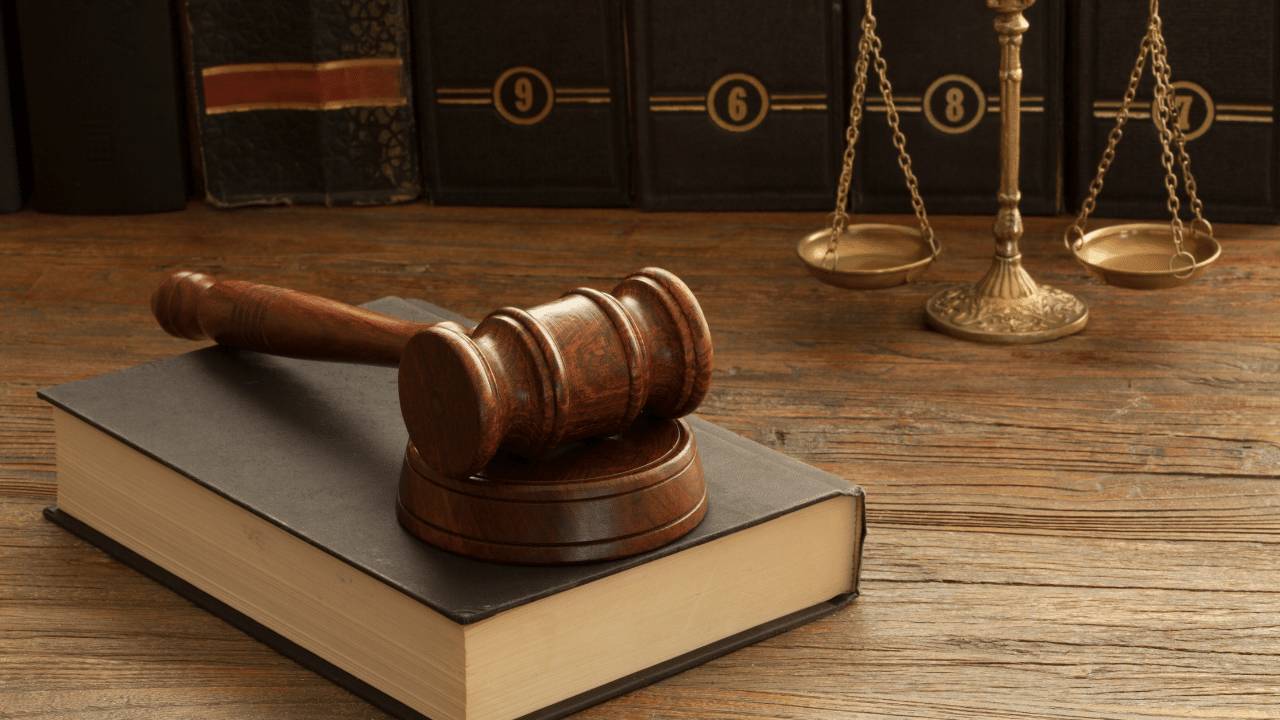
Course Content
Expand All
Lesson Content
0% Complete
0/5 Steps
Lesson Content
0% Complete
0/4 Steps
Lesson Content
0% Complete
0/5 Steps
Lesson Content
0% Complete
0/5 Steps
Lesson Content
0% Complete
0/5 Steps
Preview this Course

Not Enrolled
This course is currently closed
Course Includes
- 7 Lessons
- 34 Topics
- 9 Quizzes
Recent Comments
 Angel OKafor on Uses | Applications of Chemistry: “This helped a lot, thank you.” Apr 8, 17:33
Angel OKafor on Uses | Applications of Chemistry: “This helped a lot, thank you.” Apr 8, 17:33 Oladipo Sheriff on Quiz – Introduction to Artificial Intelligence: “Thanks for the AI program” Apr 8, 14:04
Oladipo Sheriff on Quiz – Introduction to Artificial Intelligence: “Thanks for the AI program” Apr 8, 14:04 Oladipo Sheriff on Branches, Applications of Artificial Intelligence | Career Opportunities: “The course is interesting” Apr 8, 13:59
Oladipo Sheriff on Branches, Applications of Artificial Intelligence | Career Opportunities: “The course is interesting” Apr 8, 13:59Princess on Consequences of Conflicts in Society: “Please list ten consequences of conflict” Apr 7, 22:51
Login
Accessing this course requires a login. Please enter your credentials below!


